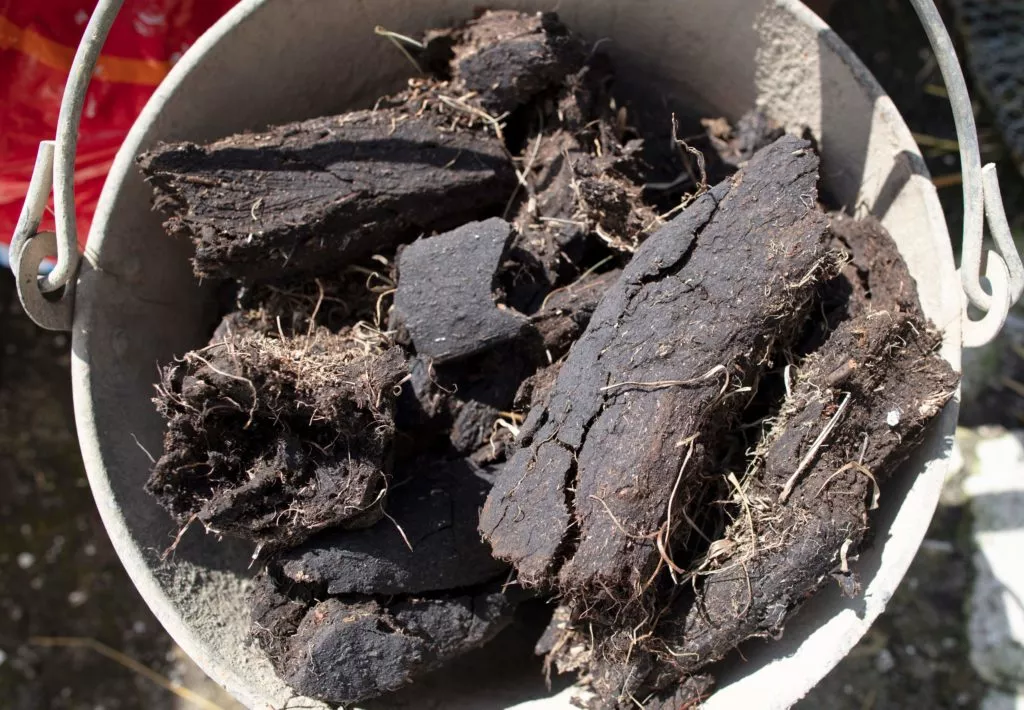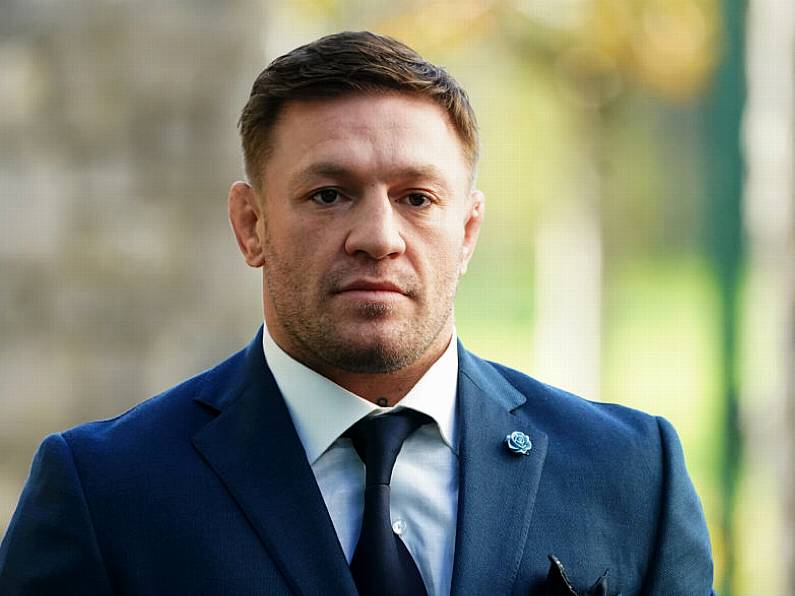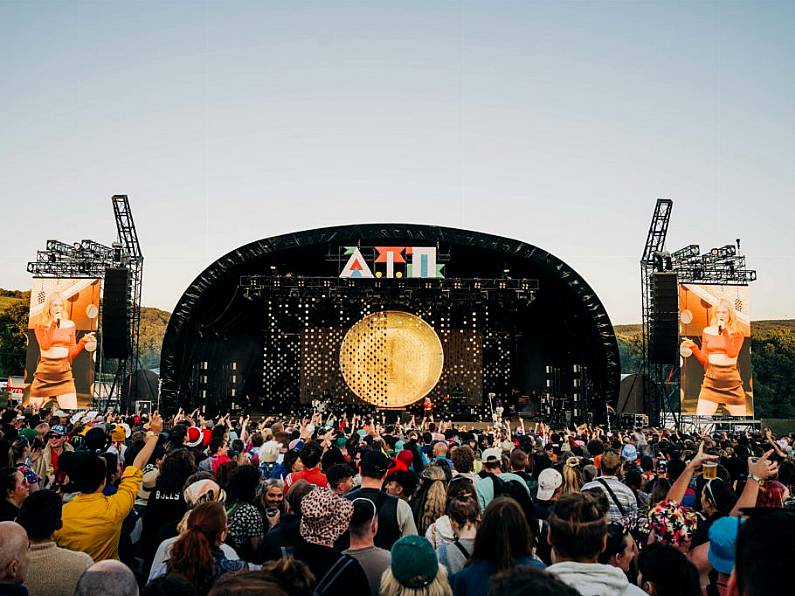Sarah Mooney
A ban on the sale and distribution of turf has made headlines in recent days, with conflicting statements from Ministers adding to some general confusion.
Here is what is going on with the turf in your fire...
What exactly is being banned?
Last September, Minister for the Environment Eamon Ryan announced new standards for domestic solid fuels would be introduced across the State within a year.
These standards effectively put in place a national smoky fuel ban, extending regulations already in place in the likes of Dublin and Cork, and meaning the most polluting of fuels will no longer be available on the Irish market.
At the time, the Minister said no ban on the burning of sod peat – turf – would be introduced to accommodate those with rights to harvest it. “However, a regulatory regime to reduce its harm in more urbanised areas is under examination,” he said.
The shape of this regulatory regime has now emerged, with the Minister proposing a ban on the sale and distribution of turf from September.
Why is the ban being introduced?
Poor air quality causes premature deaths and each year some 1,300 people die in Ireland due to air pollution from solid fuel burning, according to the European Environment Agency's 2020 report on Air Quality in Europe.
The chief culprit in these deaths is particulate matter (solid and liquid particles suspended in the air, made of a variety of components such as pollen, soot, smoke, soil and dust) in the form known as PM2.5.
The dominant source of PM2.5 in Ireland is residential solid fuel burning, which represented a 55.27 per cent share of the nation's total national PM2.5 emissions in 2019.
Research indicates that the introduction of the “smoky coal ban” in Dublin in 1990 has resulted in approximately 350 fewer mortalities per year, reducing cardiovascular, cerebrovascular and respiratory mortality in the general population.
Who will the new turf ban impact?
The turf ban does not appear to be a blanket one, and aims to leave historic turbary rights intact – which involve the right to dig, cut and carry away turf from bogland to use as fuel for one's house.
Mr Ryan has said people with turbary rights “will continue to be permitted to extract peat to heat their own dwelling, but will not be permitted to place it on the market for sale or distribution to others.”
This has caused concern that people will be unable to pass along turf they have cut to neighbours, family or friends, especially older ones who may be unable to cut their own.

However, Minister of State Ossian Smyth has said it is envisaged that while the commercial “stripping” of bogs and the commercial distribution of turf for profit will end, small-scale cutting and selling between neighbours will not be impacted.
Meanwhile, Minister of State Malcolm Noonan has suggested that those using heavy machinery, selling online or in urban centres would be subject to the ban. He said the ban would be applied using a common-sense approach to “large-scale extractions”.
So what is the problem?
There is strong opposition to the ban from some Fianna Fáil and Fine Gael politicians, particularly in western and midland counties.
Fine Gael Cork senator Tim Lombard said that a move to prohibit the sale of turf is seen as "Dublin-centric politics taking away one of the last bastions of rural Ireland."
Independent TD for Roscommon-Galway Michael Fitzmaurice said the “sudden” announcement was unjust and unfair on families who relied on the small-scale sale of turf to tide themselves over during the winter.
“What [the Minister] should have done is set out a transition between now and 2030, when people will be in a position to benefit from offshore wind power, heat pumps and better insulated homes,” he said.
Galway West Fianna Fáil TD Eamon Ó Cuiv said that while nationally only five per cent of the population relied primarily on solid fuel for heating, the percentages were much higher in Offaly, Roscommon and Galway.
If turf is so controversial, why not exempt it from the ban entirely?
The proposed ban on the sale of turf is unavoidable because a nationwide prohibition on the sale of smoky coal is not possible without it, the Government has said.
“The problem is legally, you can’t ban smoky coals, the sale of it, without doing something in relation to other fuels,” the Taoiseach said on Thursday.
Previous governments had sought to implement a nationwide smoky coal ban but were always obstructed because of the exemptions that were there for another polluting fossil fuel, turf.
The matter had previously come to a head in 2018 when three coal companies, none based in the State, warned the then government that if the smoky coal ban was extended, they would challenge the move on the basis that the State had not banned the burning of other fossil fuels, including peat products.
Have plans for the turf ban been paused amid the criticism?
Apparently not. Mr Ryan has insisted that the proposed ban on turf’s sale and distribution will proceed from September.
The Green Party leader made the comment following reports that Tánaiste Leo Varadkar had suggested to Fine Gael TDs on Thursday evening that the ban had been paused.
Mr Ryan said there was “broad agreement” within Government to ban the sale and “big distribution” of turf and that he, the Taoiseach and Tánaiste had agreed to work on getting the finer details right on regulating the ban.
He said it was never the intention to stop people cutting turf on their own bogland but that this was made “unclear in the last week because people were just scaring people”.
“It’s not (that) we’re going to put your granny in prison for burning turf from down the road, but it is getting it right where we get our air quality improved,” he said.
Climate Council member Professor Cara Augustenborg on Friday described any plan to pause the ban as “crazy”.
“I find it very, very strange now that suddenly the Tánaiste - a medical doctor I might add - who knows the health impacts of these kinds of fuels would delay this issue for even one more day and not let other people in Ireland outside Dublin avail of this and protect their health,” she said.






